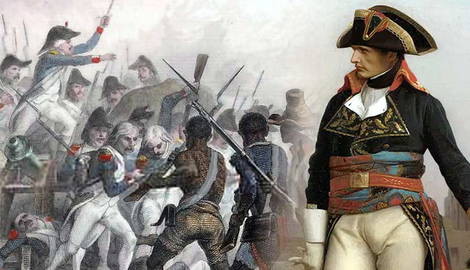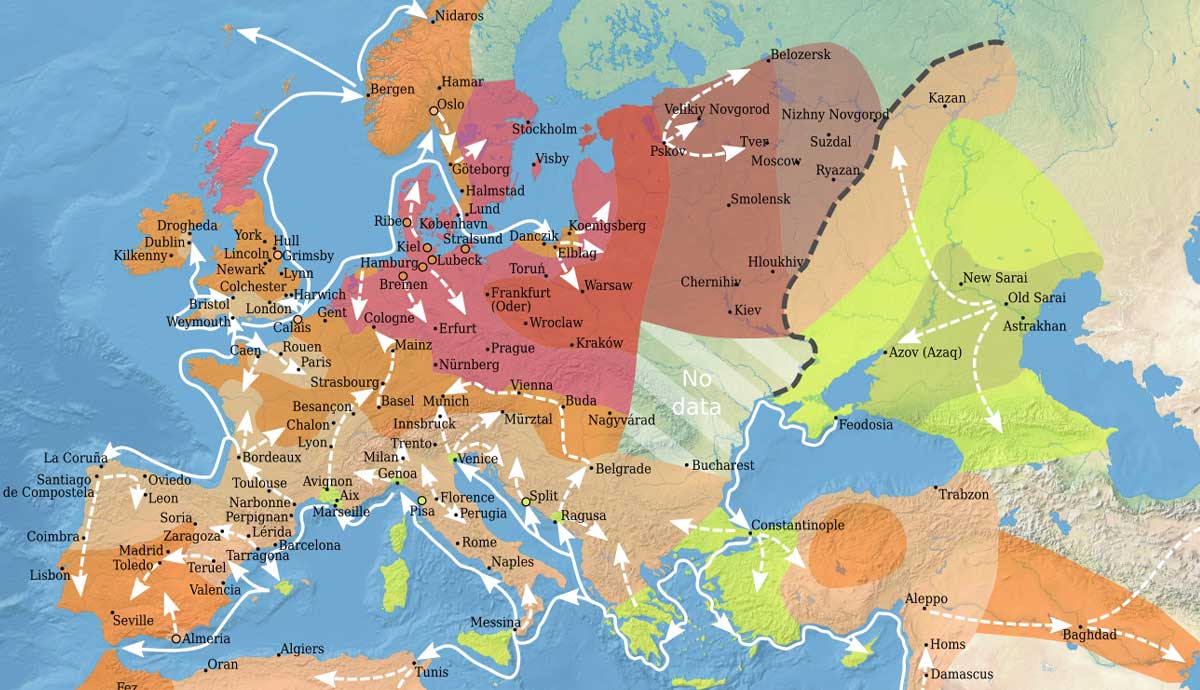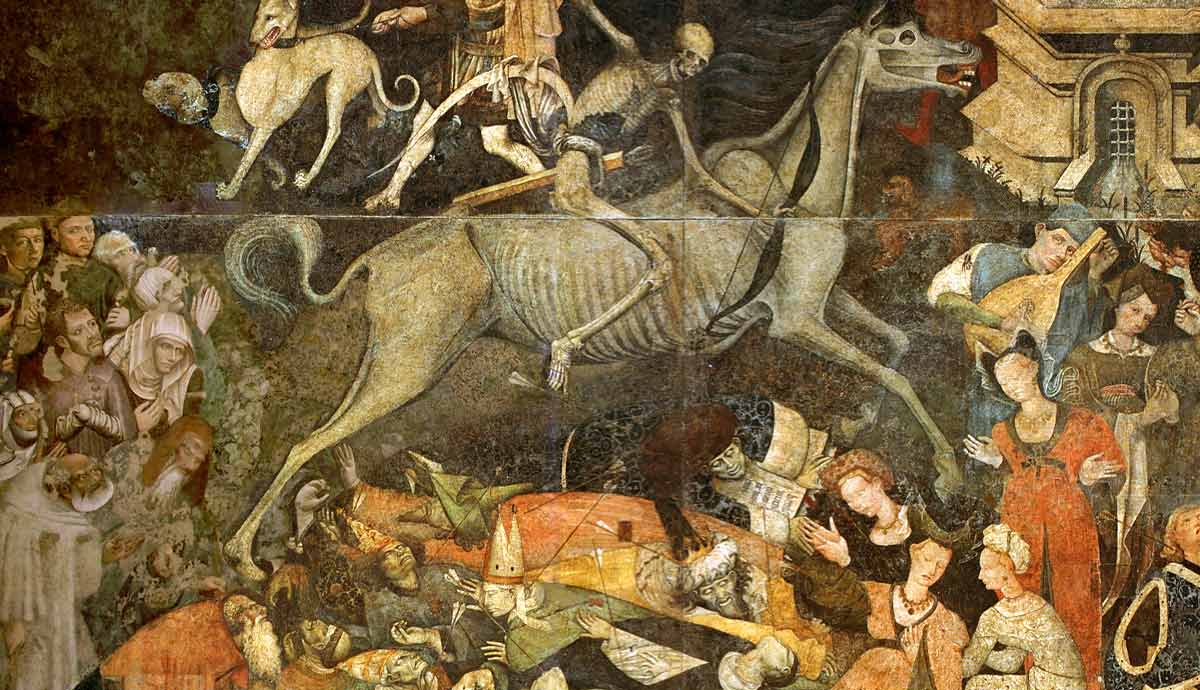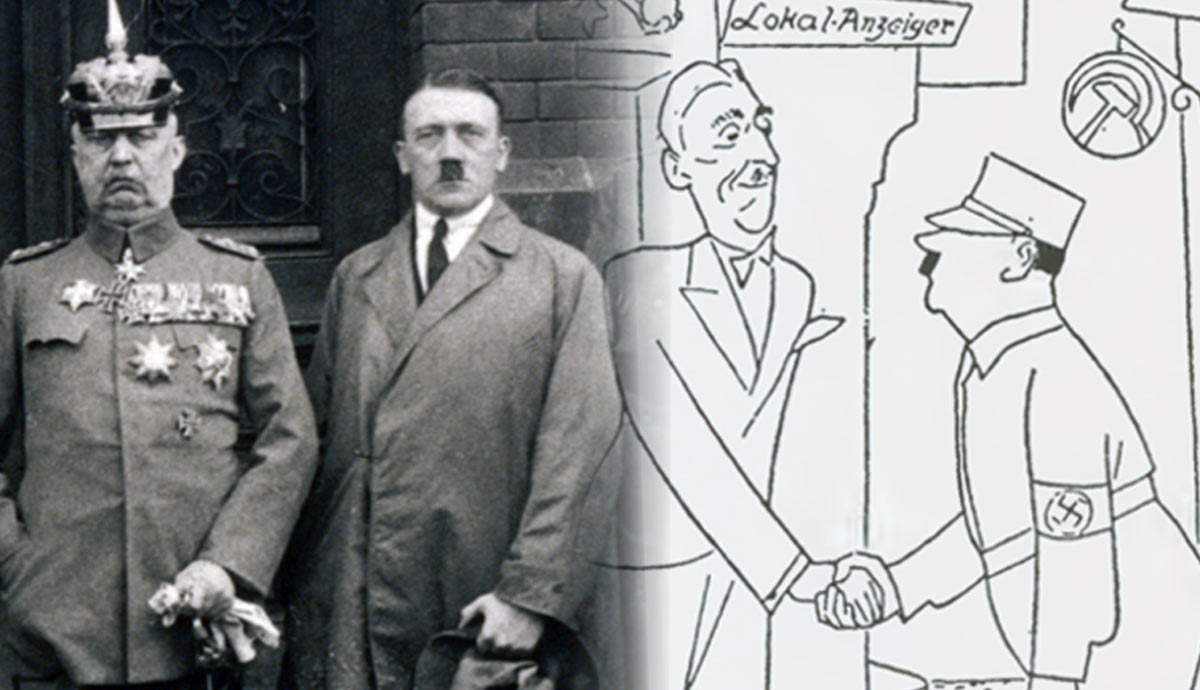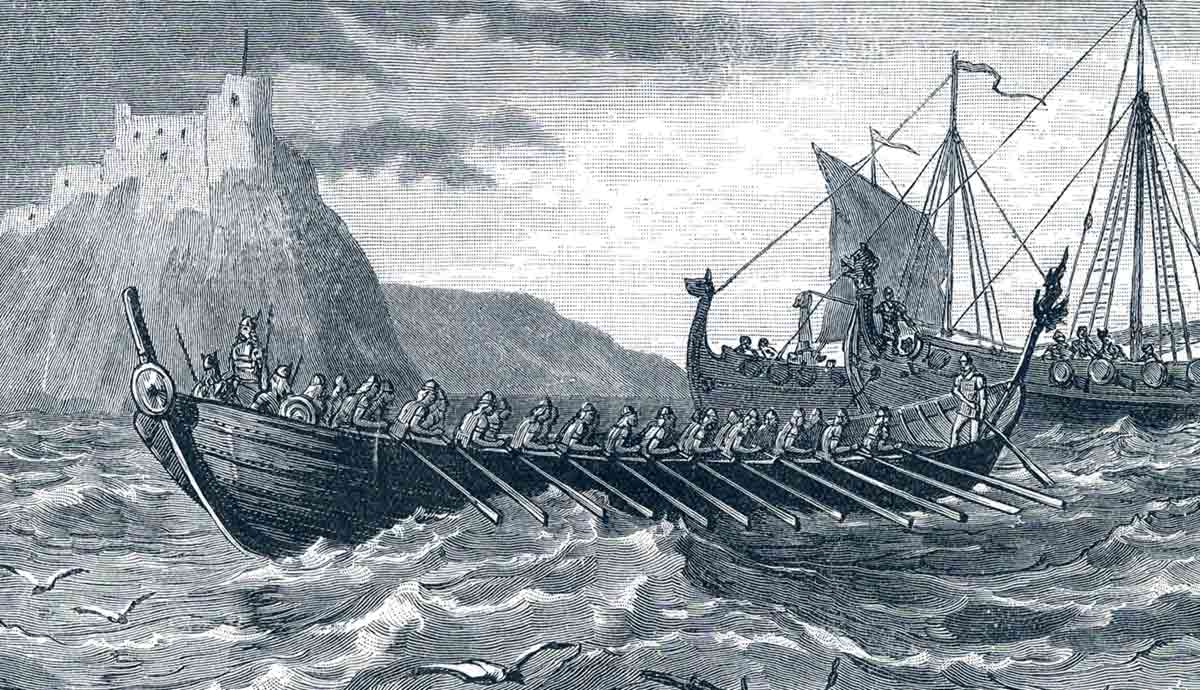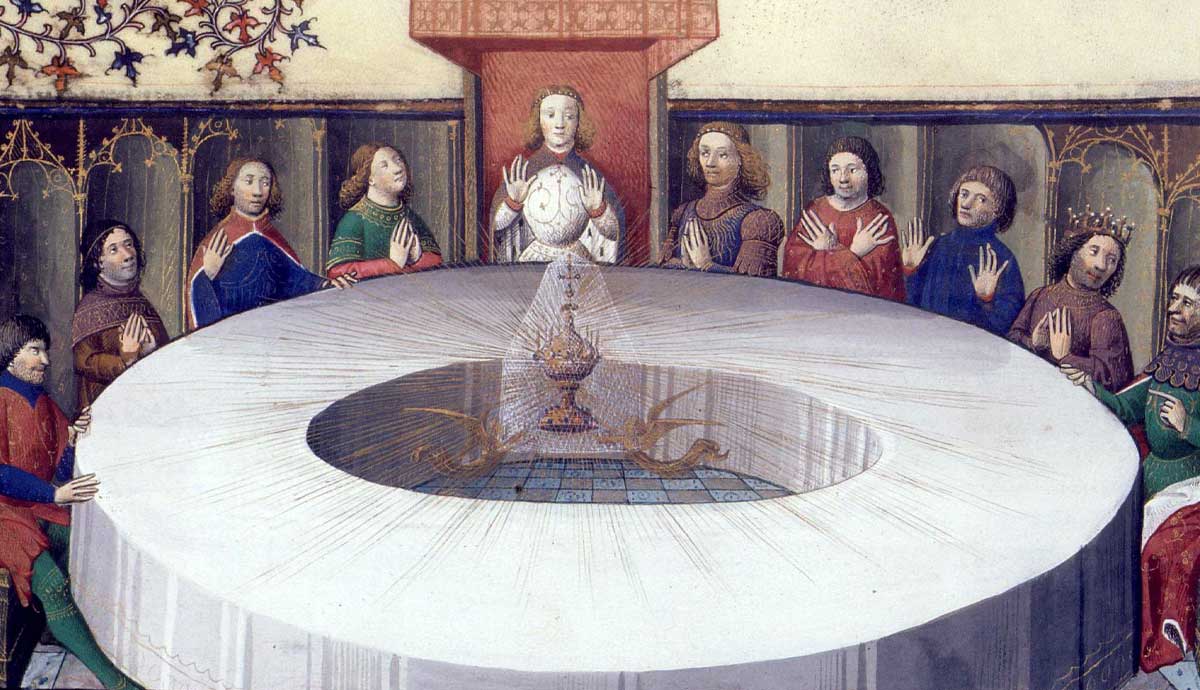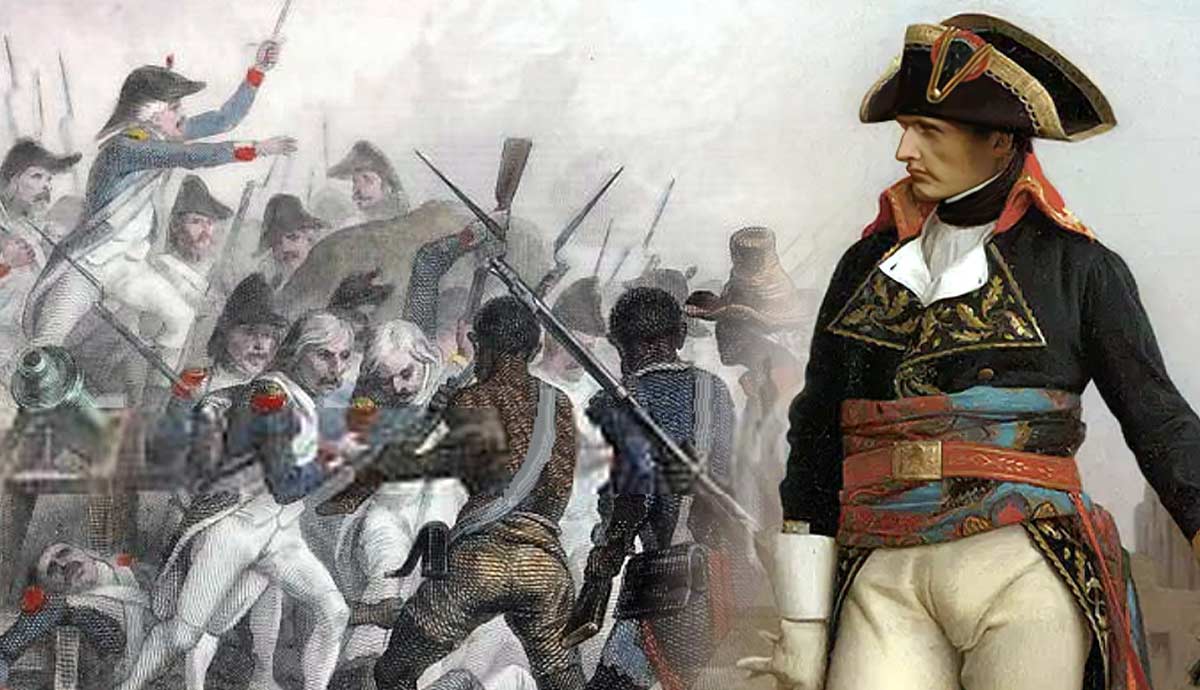
The French Revolution was one of the most significant events of the 18th century. Borne out of the need to replace the oppressive feudal system put in place by French leaders, it inspired societies across the globe to become more proactive in overturning the status quo of tyrannical regimes. It also forced governments around the world to rethink their governance strategies and adopt more inclusive models that were unlikely to cause upheaval. Ultimately, the French Revolution inspired many of the democratic systems that are prevalent in modern societies today.
When and How Did the French Revolution Start?

The French Revolution took place between the years 1789 and 1799. That said, the revolution was not a single event but rather a sequence of events that took place between those years.
Many of the problems that led to the uprising began in the late 18th century, when France was reeling from economic turbulence. The economic problems were caused partly by the country’s involvement in the American Revolution, which resulted in a heavy financial cost. The economic problems were further compounded by King Louis XVI’s extravagant spending. The worsening economic conditions increased hardships among the working class and forced the Third Estate (made up of commoners) to revolt against the ruling class in order to form its own National Assembly and push for constitutional reforms. And thus, the French Revolution was born.
Eventually, the uprising led to the storming of the Bastille, which was a symbol of royal authority. Soon afterwards, Paris fell from the King’s control. The revolution led to the execution of King Louis XVI and his wife, Marie-Antoinette. Both were executed for treason in 1793.
How Did the French Revolution Affect Governance in Other Countries?

The French Revolution had a significant global impact. This is because it was able to galvanize and, in some instances, divide societies around the world in continents such as Europe and the Americas. For example, it set off the slave revolution in Haiti which resulted in the abolition of slavery in the country in1804. This is after French revolutionaries declared that all men were free and equal. The turn of events caused African slaves in Haiti to rise up. The conflicts it triggered also disrupted existing power structures in countries such as Egypt, India, and parts of Africa.

Egypt, for example, was conquered by Napoleon Bonaparte after he became a military leader following the French Revolution. With a formidable fleet of more than 300 naval ships, he and his army of over 30,000 soldiers left for Egypt on May 19, 1798 under the orders of the Directory that controlled France. The primary objective was to free Egypt from the oppression of the Ottoman Empire ruling class, while the secondary objective was to block Britain’s route to India.
Despite initial victories, the French military was eventually defeated by the British army. The invasion by the French marked the beginning of increased interference in the region by major Western powers due to the strategic importance of the Suez Canal.
What Were the Effects of the French Revolution in Europe?

The French Revolution had a domino effect that led to similar uprisings in Europe. Countries such as Belgium and the Netherlands experienced similar uprisings that were partly inspired by French Revolution ideals. At some point, the situation culminated in the secession of Belgium from the United Kingdom of the Netherlands following The Belgian Revolution of 1830. In Ireland, there was the emergence of the 1798 United Irishmen Rebellion which sought to establish a republic based on the French revolutionary principles. However, it was short-lived and ultimately failed. That said, the storming of the Bastille in the French Revolution gave rise to the realization that collective action among the masses could force constitutional reforms.
For centuries, France, like many other countries, had been governed by monarchies and autocracies before 1789. The French Revolution changed all this and thus it is commemorated today as a key turning point in history.
